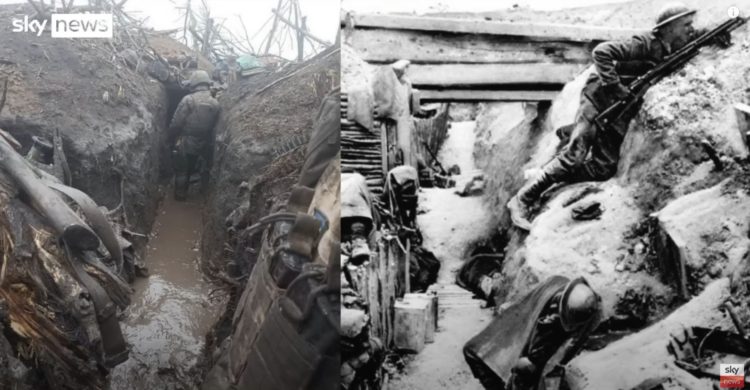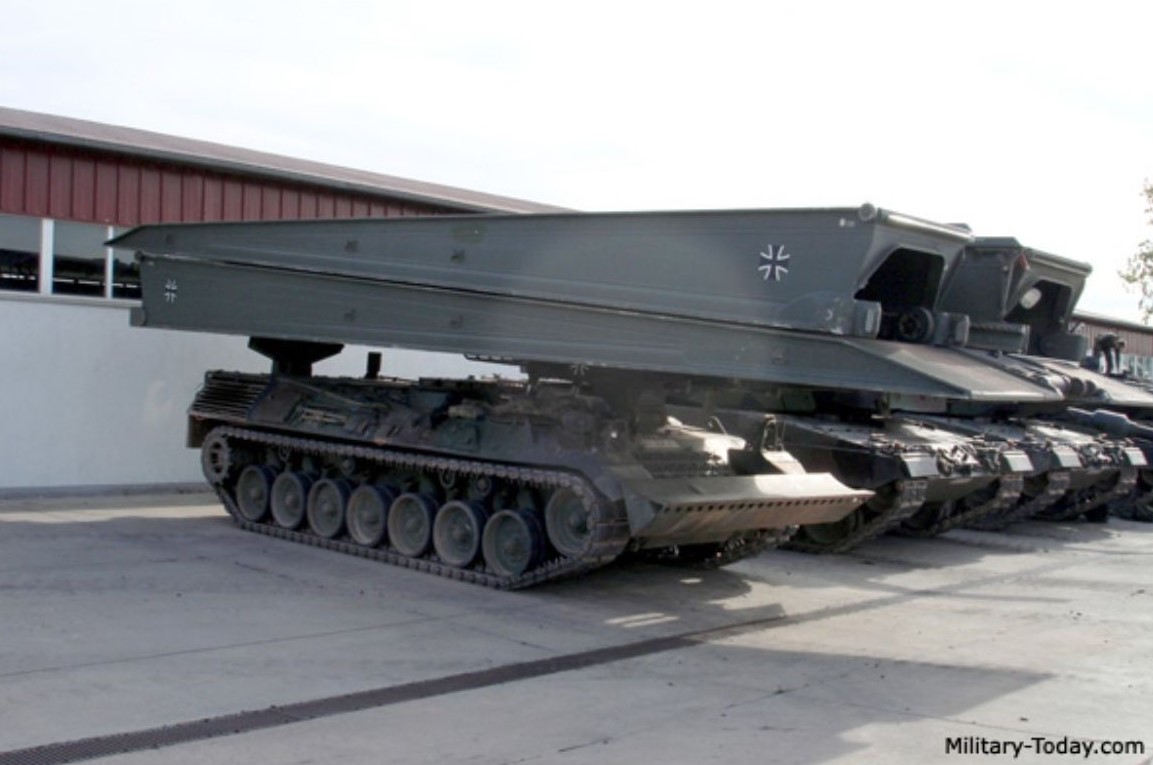Talks Between German and Russian Leadership
On Friday, December 2nd, Russian President Putin spoke with German Chancellor Olaf Scholz over the telephone for over an hour. It was the first such communication between the two leaders since September. Scholz voiced his intent to support Ukraine monetarily and with military weapons. Putin condemned Germany for “flooding” his enemy with those weapons. Unfortunately, the two world leaders found little common ground during their call.
According to Mr. Scholz’s spokesman Steffen Hebestreit and as reported in the New York Times (NYT), the German leader urged Russia to seek a diplomatic resolution to his war of aggression. He also denounced the Kremlin for its attack on Ukrainian infrastructure and especially its attacks on the civilian population.
Berlin has not been quick to provide Ukraine with offensive weapons and has been known to be hesitant in its commitments from time to time. The global community has quickly criticized them for their initial resistance to imposing sanctions on Russian energy. Historically, they’ve tried to keep their warlike posture to a bare minimum since the end of World War II. Recently, however, they have been ramping up their support. In the past week, they have provided Ukraine with the following:
That might not sound like a ton of equipment, but keep in mind that recently Germany has also provided Ukraine with the following as well:
- Iris-T SLM missiles
- 30 MRAP Dingo vehicles
- Five multiple-launch missile system MARS II with ammunition
- 30 self-propelled anti-aircraft guns
- 14 self-propelled Panzerhaubitze 2000 howitzers (in a joint project with the Netherlands)
- 30,000 rounds of 40mm ammunition
During their conversation, Putin took the opportunity to blame Berlin in particular, and the west in general, for what he called a “destructive policy” of arming and training Ukrainian forces. This is not surprising as it runs counter to his goal of placing the region under Russian rule.
Thoughts on Peace Talks
Ukraine has seen military victories in the past few weeks, and Russia has seen significant setbacks and loss of previously taken territory. As winter approaches, Russia has tried its best to damage Ukrainian infrastructure and energy supplies, hoping to weaken the nation’s resolve.
According to NYT, unnamed American officials say peace talks between the warring nations are unlikely in the near future because both belligerents likely feel that a lull in action would weaken their negotiating positions during peace talks. Unless those feelings change, this war could drag on for a long time or end only after dramatic actions are taken by one or both sides. President Biden has said that he would be willing to discuss with President Putin ways to end the war, but only after consulting with NATO leadership. Speaking of NATO leadership, French President Macron has voiced his feelings that his country “would never urge Ukrainians to make a compromise that will not be acceptable for them.”
A Rare Body Count
The Associated Press (AP) has reported that Ukrainian presidential adviser Mykhailo Podolyak recently told a Ukrainian news outlet that what he called “official figures” from the armed forces of his nation put the number of their war dead somewhere “between 10,000 and 12,500-13,000 killed”. There was no immediate confirmation of this number from other governmental sources. Kyiv has been consistently quiet on the subject, although they have been known to comment on the numbers of Russian war dead.
In August, the commander of Ukraine’s armed forces estimated that roughly 9,000 of his soldiers had been killed in combat. US general and chairman of the Joint Chiefs of Staff, Mark Milley, remarked last month that more than 100,000 Russian troops had been killed or wounded in the war thus far and that Ukraine probably suffered similar casualties.
https://twitter.com/Julioohhhhh/status/1597906612286820354?s=20&t=OI1Au4GuSwrIDtgG343Rpw
Above, we see a statement made by European Commission President Ursula von der Leyen, claiming that an estimated 120,000 Ukrainians had been killed in the war (the bottom video). Shortly after she made her controversial statement, she was roundly criticized by others in the European Commission, and the video was pulled from Twitter. It was replaced by an edited version (top video).
Already have an account? Sign In
Two ways to continue to read this article.
Subscribe
$1.99
every 4 weeks
- Unlimited access to all articles
- Support independent journalism
- Ad-free reading experience
Subscribe Now
Recurring Monthly. Cancel Anytime.











COMMENTS